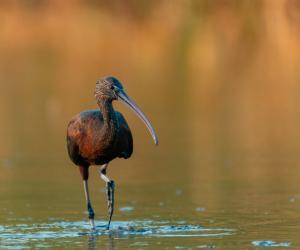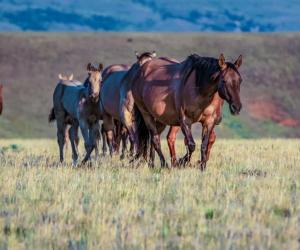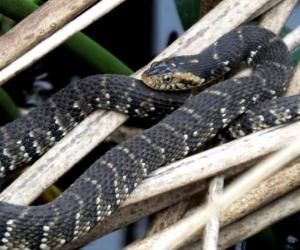Lionhead Rabbit Lifespan: How Long Do Lionhead Rabbits Live?
The lionhead rabbit (Oryctolagus cuniculus) is a relatively new breed of domestic rabbit. It has become a beloved pet for many in the U.S. and beyond. Their average lifespan is 7-12 years, but this range is contingent on many factors beyond its breed. Let’s dig in and explore the lionhead rabbit’s lifespan and how to best ensure one receives the best quality of life!
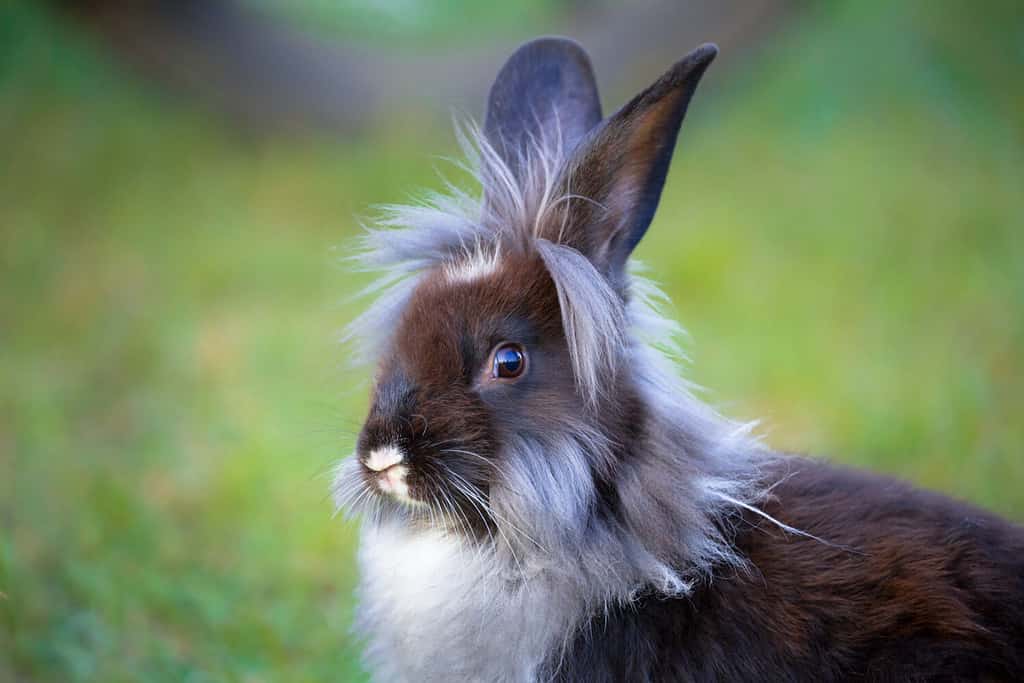
©Katesalin Pagkaihang/Shutterstock.com
What Is a Lionhead Rabbit?
To start, let’s go over some basics of what the lionhead rabbit is. As one might guess, the bunny gets its name from the woolly frame of fur that resembles the fierce lion’s mane. The lionhead rabbit’s mane is a genetic mutation caused when the rabbit was first bred in Belgium. Breeders crossed a Swiss fox breed and a Netherland dwarf breed. The lionhead was first imported to the U.S. in the 1990s. In 2013, the American Rabbit Breeders Association (ARBA) officially recognized the breed. The lionhead rabbit is a show rabbit or pet, and not bred as a livestock animal.
One of the smaller varieties, the adult lionhead reaches an average of 3 pounds and 8-10 inches in length. The ARBA characterizes their body shape as “compact,” making the wispy tufts of their manes stand out even more! They come in many colors, from muted tones like black, white, and gray, to a rusty orange color resembling its namesake, the lion.
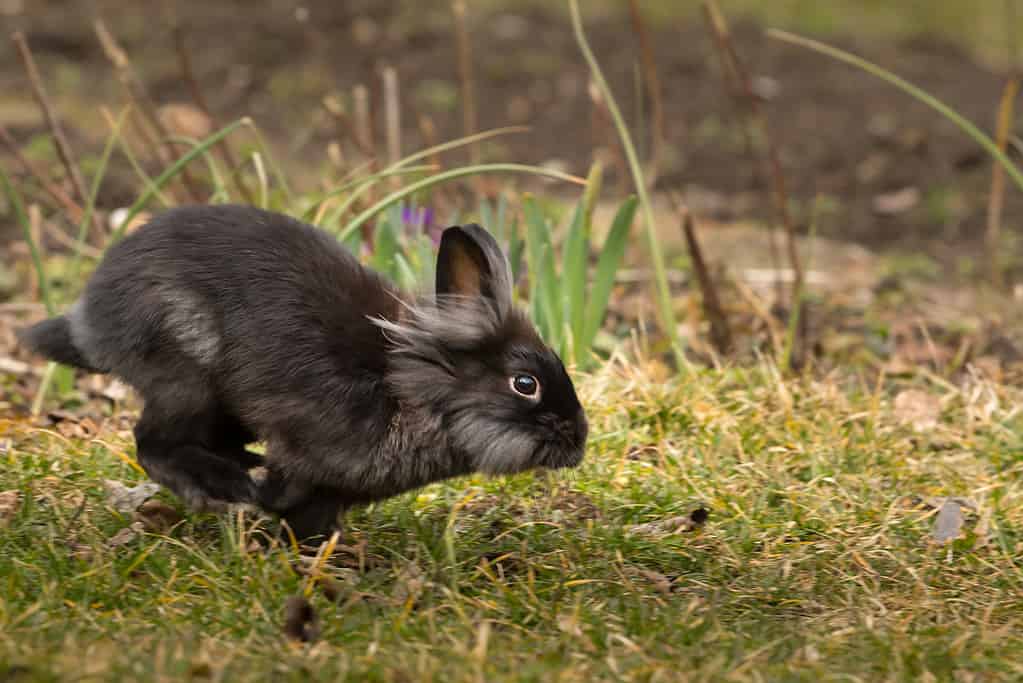
©Stefan Rotter/ via Getty Images
Regardless of its coloring, the rabbit is known for its friendly temperament. Across breeders, rescue centers, rabbit owners, and veterinarians, the lionhead rabbit has a reputation for being social, intelligent, and docile. The lionhead is an example of how a pet can be quiet but as affectionate as a dog or cat.
The Longest Living Lionhead Rabbit
As stated previously, the lionhead rabbit lives an average of 7-12 years. Given the rabbit’s genetics, general health, how its owner cares for it, and perhaps a bit of luck, this small yet mighty bunny can live longer.
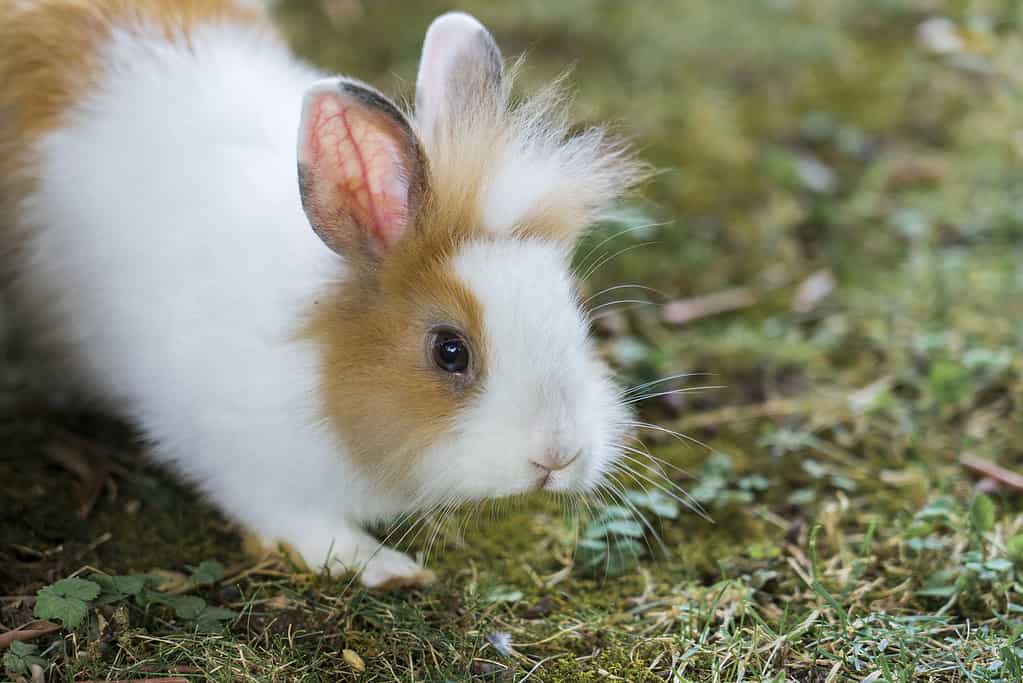
©Piero Facci/ via Getty Images
In February 2023, a lionhead mix named Alfie turned 14 years old in the English town of Potters Bar. This is an unusually long life for any breed of rabbit. The oldest rabbit ever recorded, an Australian rabbit named Flopsy, lived over 18 years old! While the lionhead rabbit doesn’t hold the record for the oldest living rabbit it does rank in the top five. On average, the rabbits with the longest life spans rank:
- Himalayan
- Holland Lop
- Jersey Wooly
- Lionhead
- Mini Rex
Compared to wild rabbits, who only live 1-2 years, domestic breeds like the lionhead can enjoy much longer lives. These long life spans mean ample time for any rabbit owner to form a strong, loving bond with their rabbit. A rabbit owner can give their lionhead its best chance at living a long happy life with key steps.
Lionhead Rabbit Care and Quality of Life
Understanding the rabbit’s size and temperament are key indicators of how to provide a lionhead with the best possible care. Below are considerations for ensuring that a lionhead rabbit is healthy, happy, and likely to live longer:
- Housing: Lionhead rabbits will fare much better by living inside. Ideal housing would be an area of the home where they have plenty of space to run and roam, where they can socialize with other pets or people, and where they’re safe from chewing electrical cords and other household hazards.
- Diet: Hay makes up most of any rabbit’s diet and that includes the lionhead. They’re grazing animals, so they should have access to fresh hay and clean water throughout the day. Fresh fruit and vegetables are great to supplement their diet, and pellet food contains additional nutrients.
- Exercise: Despite their small size, lionhead rabbits need enough room to explore and play. Make sure they have plenty of space to hop and run freely.
- Social Interactions and Attention: Ideally, the lionhead rabbit has another rabbit to share their space and attention with. While it’s important to form a bond with your bunny, they are affectionate animals that need other rabbits or pets.
- Vet Care: Finding the right vet can be lifesaving for any lionhead rabbit. Veterinarians typically know dogs and cats well, but may not be as familiar with a rabbit’s delicate systems. Make sure to do your homework on finding the right healthcare for your bunny.
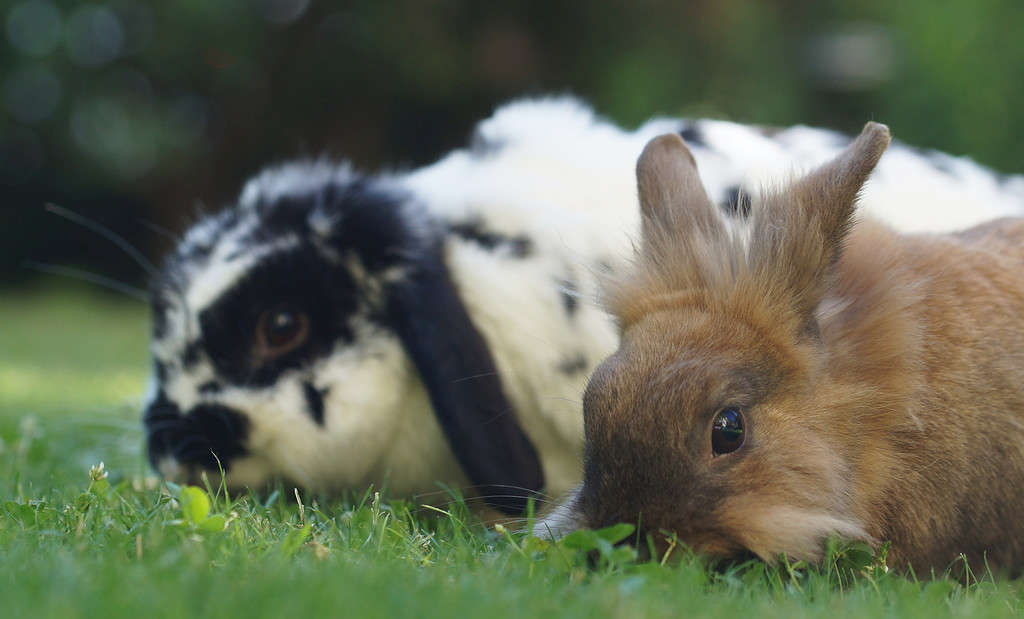
©Sophia Floerchinger/ via Getty Images
What to Avoid With a Lionhead Rabbit
Knowing what to avoid with a lionhead rabbit can be just as helpful to ensure the highest-quality care.
- Cage: As mentioned previously, a lionhead rabbit needs plenty of room. A cage might keep them safe from certain hazards in the home, but the confining space limits their exercise.
- RHDV2 and Other Illnesses: The U.S. Department of Agriculture has been working to fight against the latest strain of Rabbit Hemorrhagic Disease (RHDV2). The highly infectious and deadly virus affects rabbits and other lagomorphs. This latest strain was detected in 2020. While it impacts mainly wild rabbits, it’s still important to discuss preventative measures with your vet, especially if your lionhead rabbit goes outside. It’s important to also learn the lionhead’s potential health risks, like dental problems or upper respiratory infections (URIs).
- Isolation: Rabbits are quiet, docile creatures. This makes it easy to think they might prefer solitude or to forget to offer them attention. Isolating them or neglecting to interact with your lionhead rabbit will only cause them unnecessary stress. Just like we can suffer from loneliness, so can rabbits.
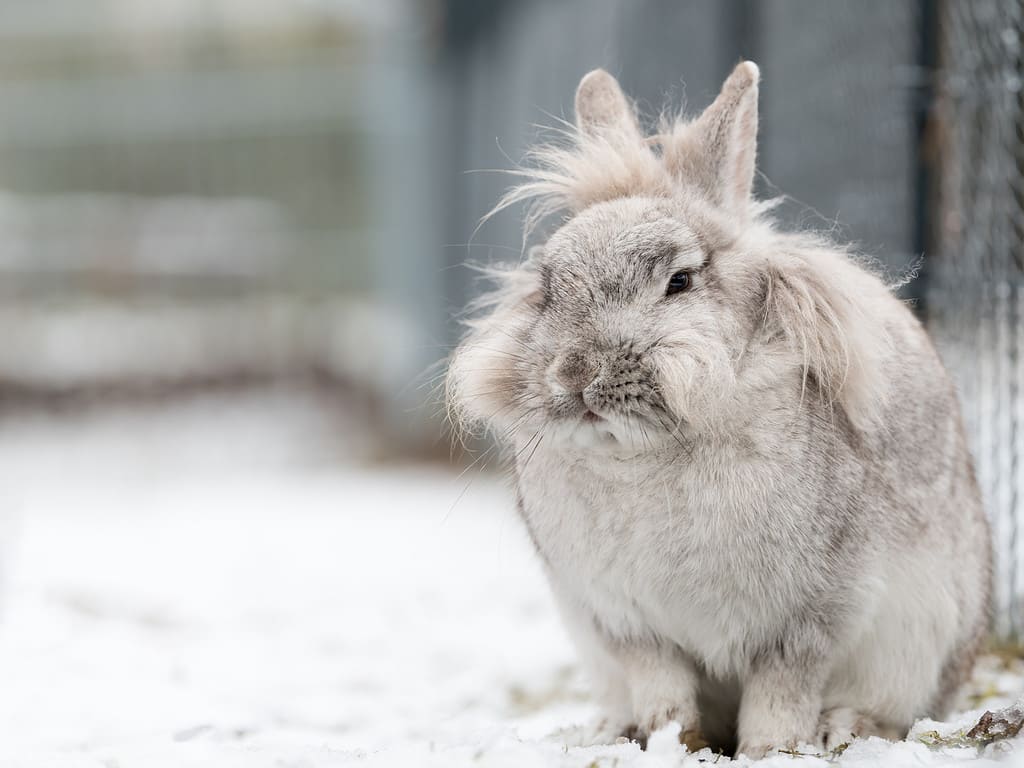
©Stefan Rotter/ via Getty Images
These are some key factors in giving a lionhead rabbit — or any breed of rabbit — a safe home. You can read more about the lionhead rabbit’s temperament, diet, and care here.
Lionhead Rabbit: Conclusion
The lionhead rabbit may be small but they’re equally mighty when offering affection through a long, full life. Offer the lionhead the proper care and they could offer you a long life of affection and love — and may even break a record in longevity!

